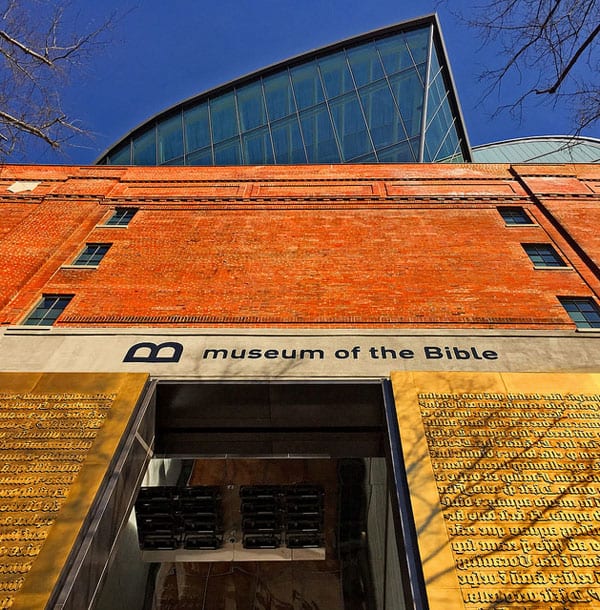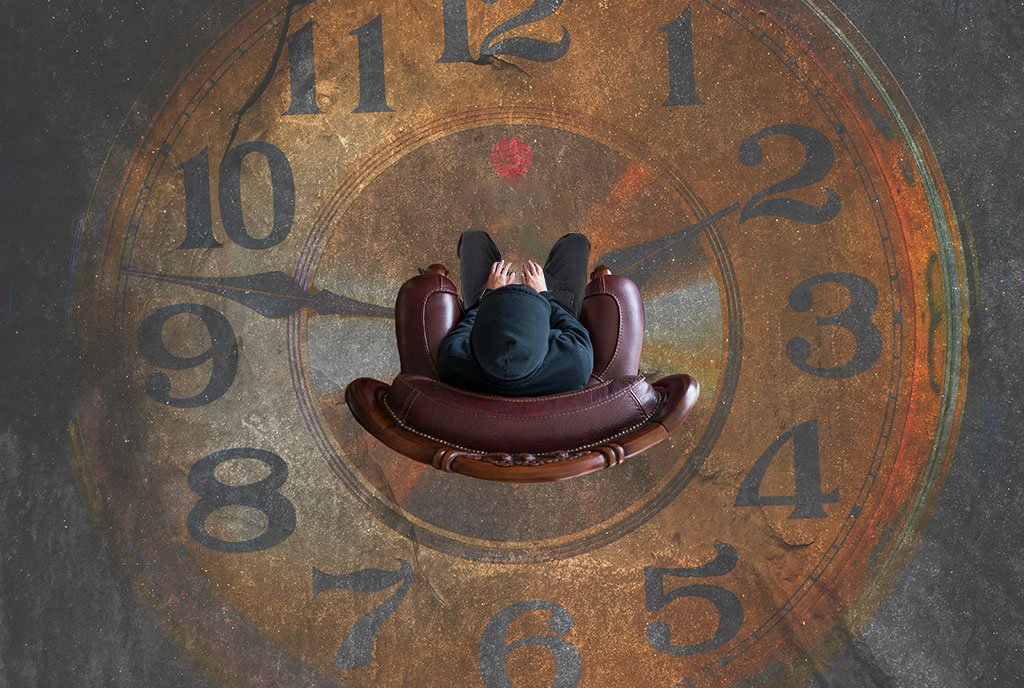
October 23, 2018; NPR, “Religion”
In the wake of the stovepipe hat controversy at the Lincoln Museum, the Museum of the Bible in DC is now confirming that a team of experts has deemed five of its 16 Dead Sea Scrolls fragments are fake.
A team of German experts analyzed the fragments belonging to the privately funded museum and found they had “characteristics inconsistent with ancient origin.” The fragments will no longer be displayed at the museum.
As with the hat, the Dead Sea Scrolls fragments have been a central part of the museum’s collection, but museum-funded scholars challenged their authenticity and suggested they might be forgeries in an academic journal article some time ago. In this case, though, speculation about the exhibit may well become part of the permanent collection; the museum intends to replace the now-proven fakes with three other fragments of questionable provenance.
“Exhibit labels will continue to inform guests that there have been questions raised about the authenticity of these fragments, and that further research will be conducted,” the museum said.
Sign up for our free newsletters
Subscribe to NPQ's newsletters to have our top stories delivered directly to your inbox.
By signing up, you agree to our privacy policy and terms of use, and to receive messages from NPQ and our partners.
And as long as we are talking about provenance, perhaps we should refresh your recollection about who is behind this museum. As NPQ reports,
Much of the Museum of the Bible was funded by the Green family, which owns the Oklahoma-based Hobby Lobby Inc. chain of craft stores. In a religious freedom lawsuit that reached the Supreme Court in 2014, Hobby Lobby won an exemption in its employee health plans from having to cover the cost of contraceptives.
Through Hobby Lobby, billionaire Steve Green and his family amassed a private collection of about 40,000 biblical artifacts and manuscript. Much of the Greens’ collection is now at the museum.
Hobby Lobby was found to have violated federal law when it purchased 5,500 objects from dealers in the United Arab Emirates and Israel in 2010. Those artifacts, originally from Iraq, were smuggled into the US. In a 2017 settlement with the Justice Department, Hobby Lobby agreed to forfeit the objects and paid a $3 million fine.
Joel Baden, a professor of the Hebrew Bible at Yale Divinity School and a critic of the museum, says it is relatively common for biblical artifacts, and especially the Dead Sea Scrolls, to be faked, but most museums evaluate their items’ authenticity before exhibiting them as real. He called the museum “deeply irresponsible,” both in the display of the original fake fragments and in their dubious replacements.—Ruth McCambridge











